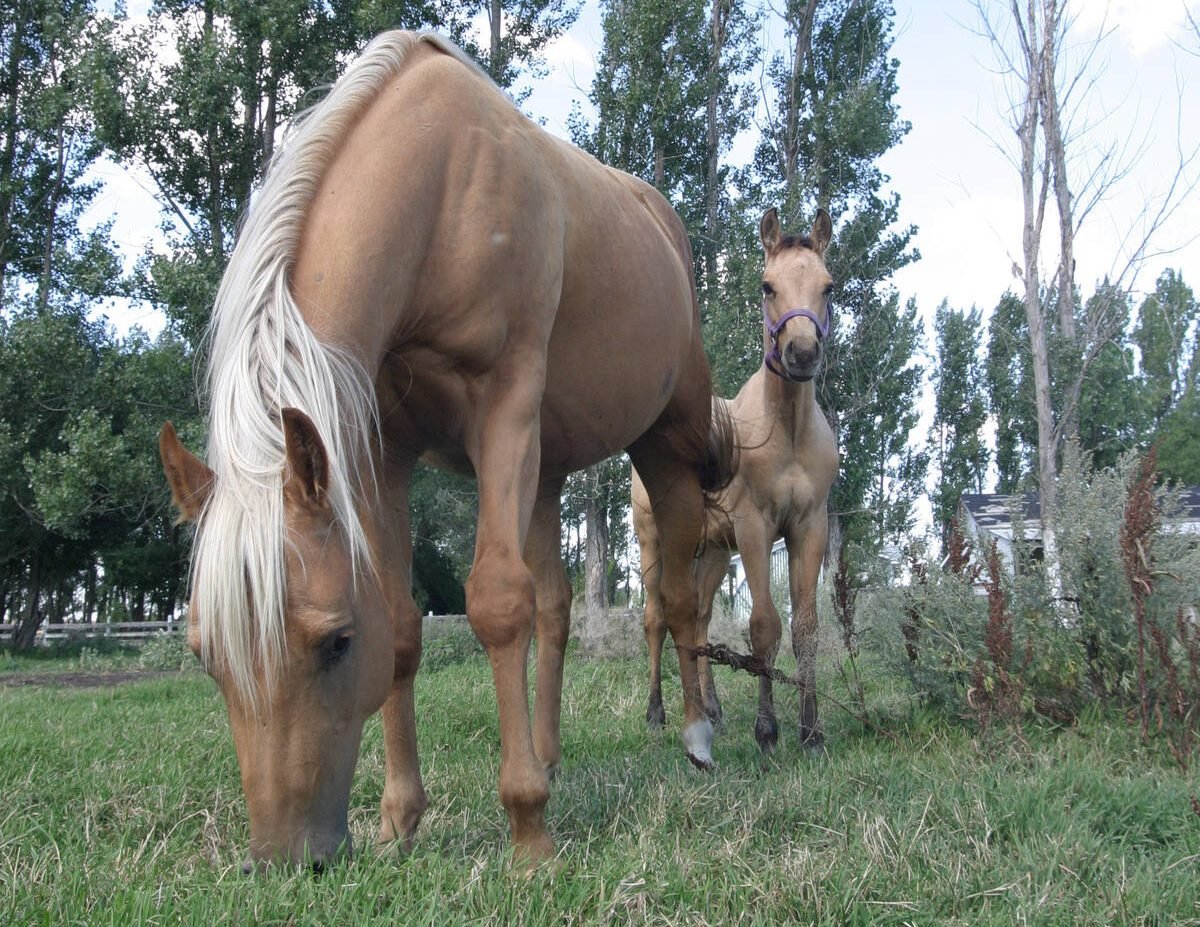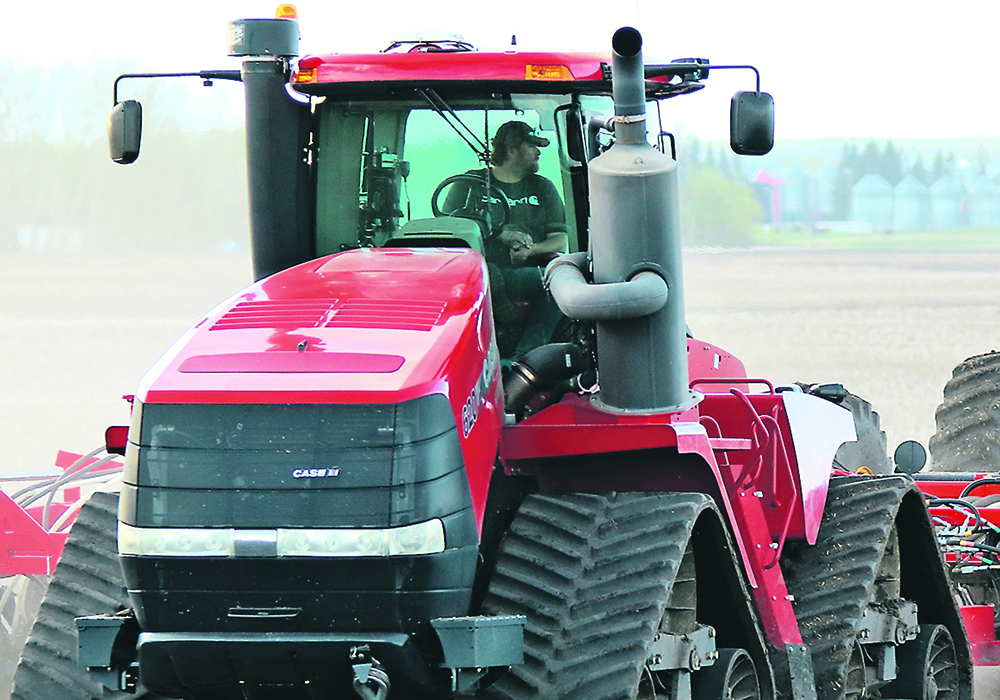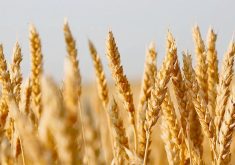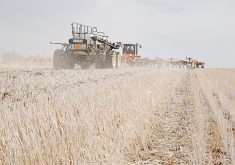There is a true saying in farming communities: farmers are asset rich, cash poor. Throughout a farmer’s career, they are constantly re-investing into their operations, be it to purchase new acreage, upgrade their grain bins, or purchase the newest and most innovative tractors or combines. These assets, built up throughout a farmer’s career, are added to the family farm and for the most part are passed onto the next generation.
However, the longevity of family farms in Canada is now at further risk due to the recently announced capital gains tax increase which comes into effect on June 25.
Research by Grain Growers of Canada, in liaison with farm tax accountants, shows that for an average farm in Alberta, Saskatchewan, Manitoba, Ontario or Quebec, this will represent a more than 30 per cent tax increase.
Read Also

Growth plates are instrumental in shaping a horse’s life
Young horse training plans and workloads must match their skeletal development. Failing to plan around growth plates can create lifelong physical problems.
For example, for a 4,000-acre incorporated farm that was purchased in 1996 in Saskatchewan, the increase in taxes would be just over $900,000. For a 2,500-acre farm in Alberta purchased during the same year, this would be nearly $1.2 million. This would be on top of the countless other taxes that grain farmers already pay, including the carbon tax on propane and natural gas.
The impact of a 30 per cent tax increase on our primary food producers would be vast. First, farmers have been told for decades to incorporate to save funds for their retirement and for the next generation.
However, the capital gains tax increase directly targets those funds needed for thousands of farmers who will retire in the next decade. For many living in urban and suburban areas of Canada, especially Vancouver and Toronto, their primary residence is their retirement plan.
For example, a house purchased for $400,000 in 1996 could be sold for over $2 million nowadays. The kicker? Primary residences are exempt from the capital gains tax, meaning those individuals will have secured their retirement. Farmers, on the other hand, have been subject to the tax, which will only become more acute with a 30 per cent increase.
Second, the title of Budget 2024 in which these measures were introduced was titled “Fairness for Every Generation”. Yet, this will have the total opposite effect on the next generation of farmers. For sons and daughters, nieces and nephews, taking over the family farm is already an expensive venture.
With an increased tax bill in the millions of dollars, what’s already expensive will become even more so. If anything, the tax increase creates unfairness for the next generation.
Third, all of this puts the family farm at risk. Not only does it make intergenerational transfers more expensive, but it also increases the overall cost of farms. This means that the only ones in the market who can afford to purchase farmland sold in the future will either be large corporate farms or development companies. Both sacrifice the family farm, which is the backbone of the agriculture sector in Canada.
All of this is why Grain Growers of Canada has begun strongly advocating against the capital gains tax increase for family farms. Bill C-208, which was passed in 2021, and amendments in Budget 2023, enshrined in law the definition of an intergenerational transfer.
To protect family farms, we are asking government to exempt these transfers from the tax increase and allow them to only be taxed at the original inclusion rate. This will ensure that the retirement of thousands of farmers is secure and that the next generation will be able to afford to take over.
It will ensure that family farms continue to produce the food that Canadians and the world rely upon.
To take action and to protect family farms, please visit www.ProtectFamilyFarms.ca.
Kyle Larkin is the the executive director of the Grain Growers of Canada.















